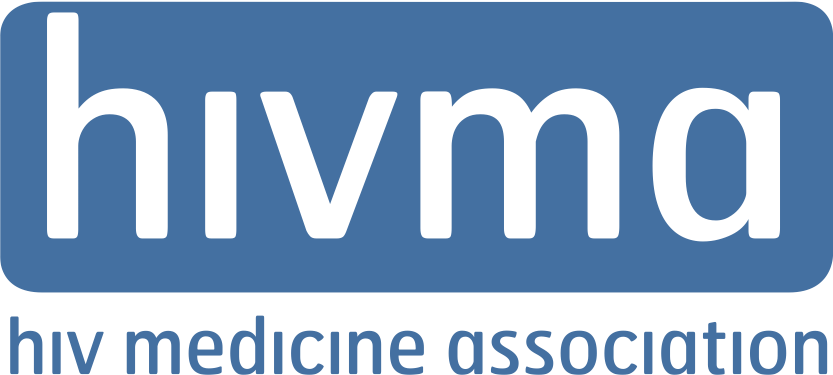![]()
Leadership and Funding Can Meet the Challenges of COVID-19: A Vaccine Strategy, Investments in Public Health Are Needed to Stop the Spread of the Virus
The Infectious Diseases Society of America and its HIV Medicine Association strongly support the incoming Administration’s request for $400 billion to strengthen our pandemic response and safely reopen schools.
That request includes $20 billion for the strategy to accelerate vaccine administration and uptake across the country that was outlined by President-elect Biden today. The strategy brings together a coordinated, collaborative, cross-governmental and cross-sectoral approach that will be vital to ending the impacts of COVID-19 in the United States.
As organizations representing over 12,000 physicians, scientists, public health experts and other health care professionals specializing in infectious diseases and HIV, IDSA and HIVMA welcome this strategy.
With a focus on building vaccine production, distribution and administration capacities, the plan addresses concerns expressed by our members, including the urgent need for strategies, supplies, staff and space to provide vaccines to large numbers of people quickly:
- The plan provides needed guidance and resources including funding for high-volume vaccine sites and mobile vaccine units to state and local health departments launching vaccine rollouts of unprecedented scale. This includes support for personnel, planning and supply chains through the Centers for Disease Control and Prevention and the Federal Emergency Management Agency.
- Under the plan, the federal government will provide critical, transparent, actionable data on upcoming vaccine allocations and deliveries, allowing states and localities to effectively plan for vaccine administration.
- This massive undertaking will require joint efforts across public and private sectors, and the plan’s goal of expanded partnerships to increase vaccination sites represents a strong forward step.
- The plan to ensure vaccine access to essential workers while broadening eligibility to people 65 and older will protect those at greatest risk of infection and illness.
- New partnerships with our nation’s Federally Qualified Health Centers will help ensure the vaccines reach communities and populations with the least resources that have suffered the gravest impacts of COVID-19.
- Plans to monitor supply chains and use the Defense Production Act to maintain an adequate supply of the vaccines will be essential to supporting the incoming Administration’s commitment to ensuring that the U.S. Food and Drug Administration authorized dosing is followed.
- Communications plans to build vaccine confidence will be critical to maximizing vaccine uptake and ultimately obtaining the population benefits of widespread vaccination.
Measures to increase adherence to public health guidance, including mask-wearing, physical distancing and handwashing to stem the spread of disease remain critical and must be supported and expanded. The President-elect’s upcoming executive order supporting masking for the first 100 days of the Administration will be an important step forward.
In addition, the President-elect’s COVID-19 plan’s proposal to fund 100,000 health workers to carry out vaccine outreach, contact tracing and other pandemic response activities will help to build the public health workforce necessary to effectively respond to the pandemic. Greater and ongoing investments in the infectious diseases workforce caring for patients, leading health care system responses and collaborating with public health officials will also be needed to control this crisis and future public health threats.
President-elect Biden’s call for increased resources to control the virus in long-term care settings, homeless shelters and institutions serving people with disabilities as well as federal, state and local prisons, jails and detention centers, including through vaccine programs, will be critical to protecting individuals living and working in these settings and protecting their communities.
The incoming Administration’s proposal comes at a pivotal moment, and we recommend further comprehensive measures to realize its goals.
To ensure vaccine access to those most at risk, expansion must be rapidly phased in with adequate resources and capacities.
Equitable access to effective treatments for COVID-19 remains a critical issue. A dedicated portion of funding for research and development of new treatments should support outreach and clinical trial enrollment in communities of color and other populations disproportionately affected by COVID-19. We also urge the incoming Administration to strengthen clinical trial infrastructure and improve the Emergency Use Authorization process for COVID-19 therapeutics to ensure sufficient data to inform their optimal use.
The President-elect’s inclusion of funding to support international efforts to develop and distribute vaccines, diagnostic tests and treatments to combat COVID-19 and to strengthen global health security is pivotal to the success of our efforts at home. To protect our long-term investments in combating global infectious diseases, funding should also address disruptions caused by the pandemic to control of other infections, including, but not limited to tuberculosis, malaria and HIV.
Leadership and cooperation can lead us to a turning point in this crisis. We urge Congress to make the investments needed swiftly in order to speed the end of the pandemic.
Barbara D. Alexander, MD, MHS, FIDSA – President, Infectious Diseases Society of America
Rajesh T. Gandhi, MD, FIDSA – Chair, HIV Medicine Association

